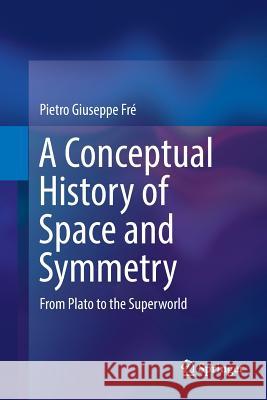A Conceptual History of Space and Symmetry: From Plato to the Superworld » książka
topmenu
A Conceptual History of Space and Symmetry: From Plato to the Superworld
ISBN-13: 9783030074401 / Angielski / Miękka / 2019 / 319 str.
A Conceptual History of Space and Symmetry: From Plato to the Superworld
ISBN-13: 9783030074401 / Angielski / Miękka / 2019 / 319 str.
cena 726,29
(netto: 691,70 VAT: 5%)
Najniższa cena z 30 dni: 693,97
(netto: 691,70 VAT: 5%)
Najniższa cena z 30 dni: 693,97
Termin realizacji zamówienia:
ok. 22 dni roboczych
Bez gwarancji dostawy przed świętami
ok. 22 dni roboczych
Bez gwarancji dostawy przed świętami
Darmowa dostawa!
Kategorie BISAC:
Wydawca:
Springer
Język:
Angielski
ISBN-13:
9783030074401
Rok wydania:
2019
Wydanie:
Softcover Repri
Ilość stron:
319
Waga:
0.47 kg
Wymiary:
23.39 x 15.6 x 1.78
Oprawa:
Miękka
Wolumenów:
01
Dodatkowe informacje:
Wydanie ilustrowane











